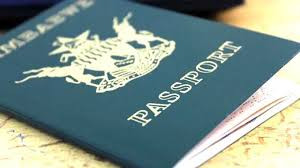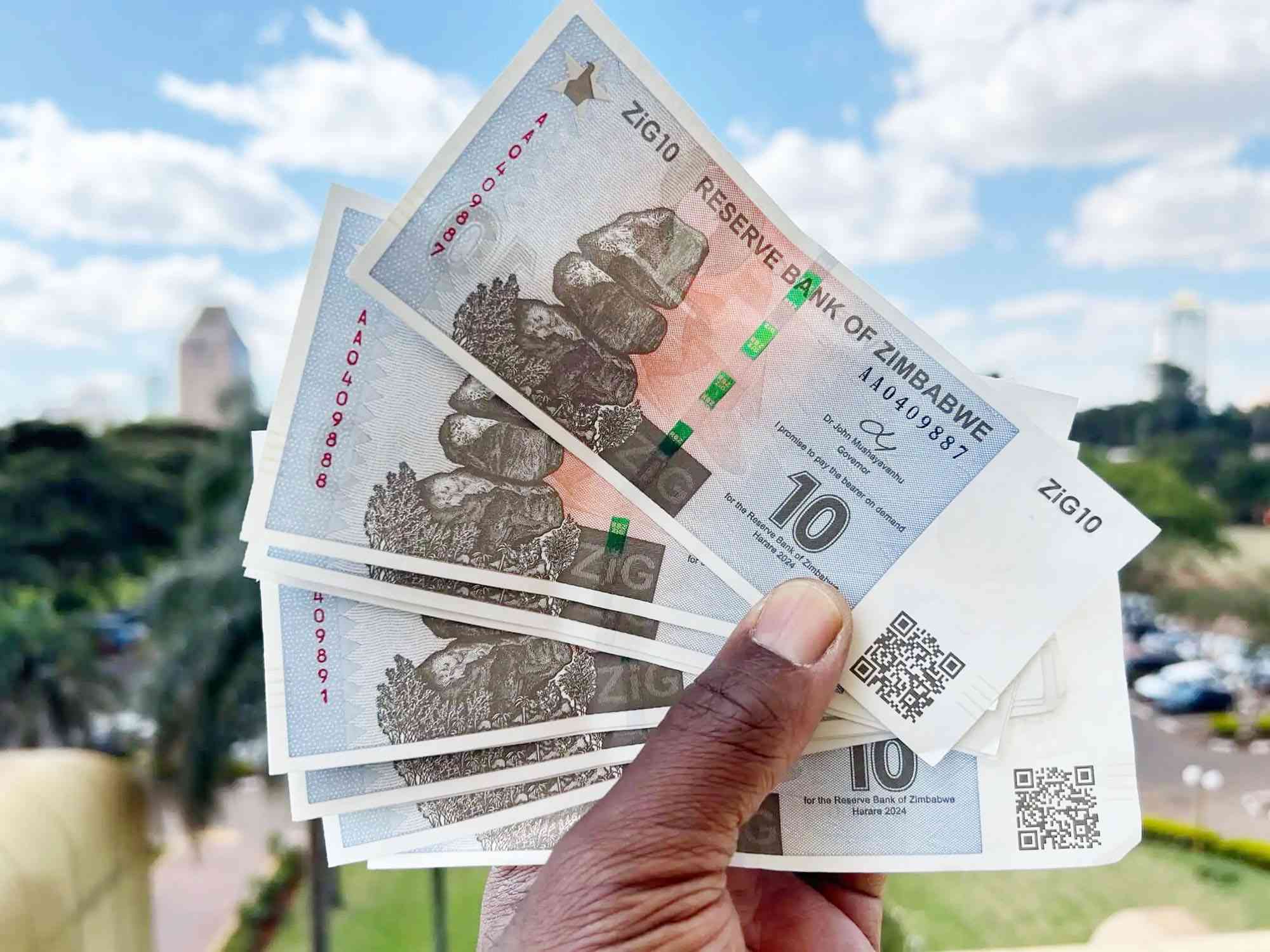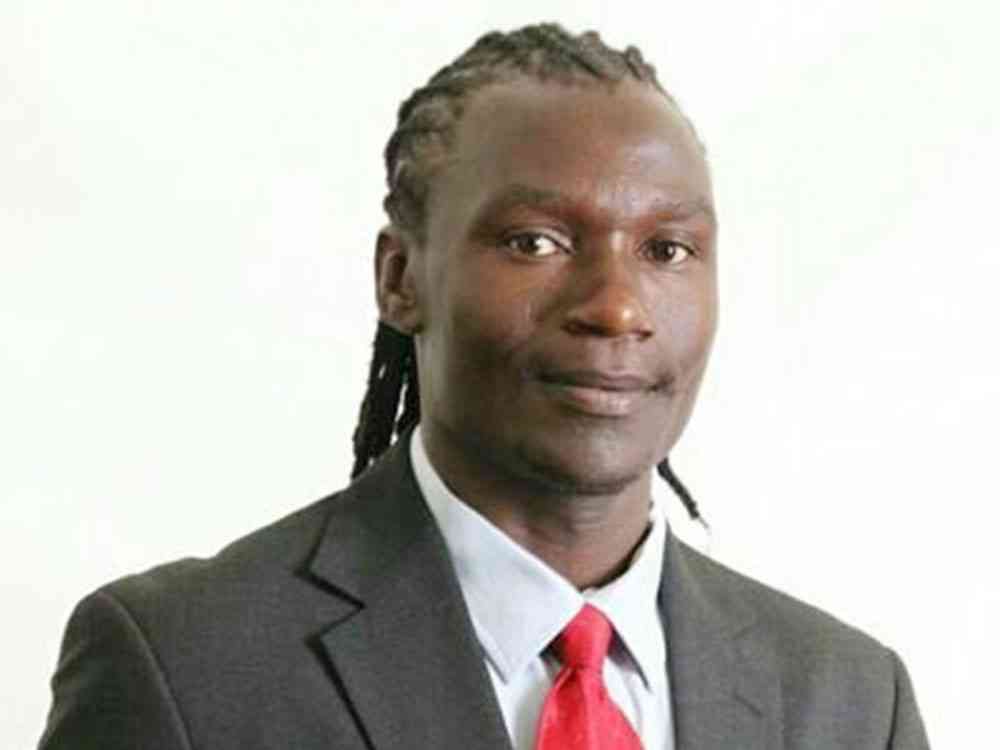
The Zimbabwe Banks and Allied Workers Union (Zibawu) says high passports fees could hinder remittances flows into the country by restricting the migration of people to other countries.
The country has some of the region’s most expensive passports, costing at least US$120.
In 2021, the southern African country introduced an electronic passport in a bid to clear a ballooning backlog from applicants.
With Zimbabwe’s economy in a tailspin, millions of citizens have flocked to neighbouring countries and overseas in search of better economic opportunities.
Peter Mutasa, secretary general of Zibawu, told business executives last week during a breakfast meeting organised by the Zimbabwe Economic Society the country had ‘sanctioned’ itself by charging exorbitant passport fees.
“If you are in South Africa, you get a passport at US$34,” Mutasa said.
“If you are in Zambia, you get a passport at US$19. If you are in Namibia, you get it at $22, and if you are in Mozambique, the price is $37.
“If you were born in Zimbabwe, you have to fork out US$150. In some instances you pay US$250 or US$220. Are we really serious that we want to integrate (into Africa) and that we want to compete with others on this continent and globally? I am saying this because I do not find it reasonable that you get around 25% of your foreign receipts from diaspora remittances,” Mutasa said.
- Masaraure suspension divides ZCTU
- Stanchart Zim workers deserve honesty, respect
- Bank workers plot Sadc offensive against Stanchart
- Zim ‘sanctions’ itself out of remittances
Keep Reading
He added that if Zimbabwe reduced its passport fees, it would attract foreign currency inflows through diaspora remittances.
“I think the World Migration Report in dicated that remittances have outpaced foreign direct investment, it has also outpaced official development assistance.
“I am not understanding how a country that is desperate for foreign receipts can then sanction itself. Its people cannot move freely, its people cannot get opportunities outside easily, and bring the much-needed foreign currency to sustain livelihoods under our situation.”
Mutasa also criticised the government for putting in place policies that strain business.
“The other policy says you can no long er go out with over US$2 000. But we are sustained by people who cross to Mozam bique, cross to South Africa, cross to Bot swana, and trade,” he said.











